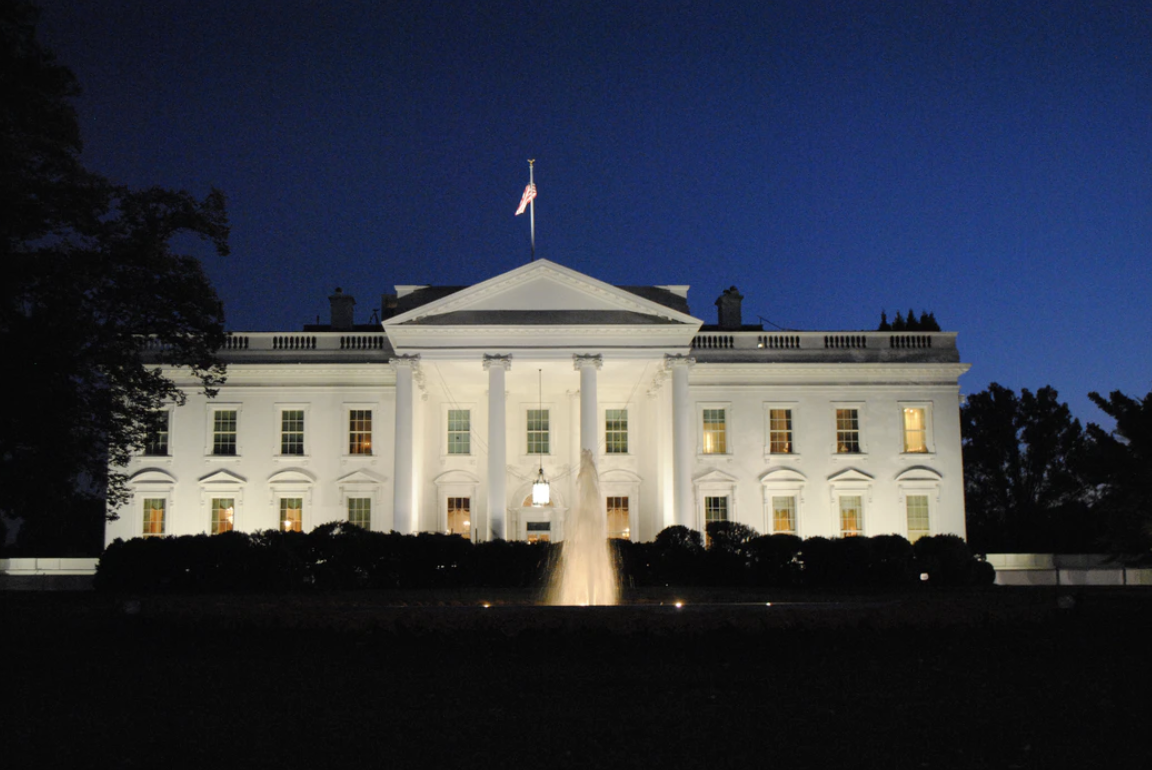The COVID-19 pandemic invokes Yogi Berra: “It’s deja vu all over again.” American plans for pandemics, partially informed by the previous Spanish Flu, were discarded, and the Global Health Security and Biodefense Unit of the National Security Council could not perform its job — because it had been disbanded two years earlier by the Trump administration. Memories of past pandemics failed to prepare the U.S. government for future infectious diseases, and medical interventions such as masking and social distancing — which successfully stemmed the 1918 pandemic — were forgotten until several months after COVID-19 began circulating in the United States. In the coronavirus pandemic’s postmortem, the American government’s failure to adequately consult historians about the problems facing the United States must rank among the top missed opportunities.
The benefits of consulting historians extends beyond our pandemic response: In 2016, Graham Allison and Niall Ferguson argued in The Atlantic that U.S. presidents should receive advice from a council of historians. Their suggestion remains relevant as the U.S. grapples with historic challenges, including a national reckoning on race, a global climate crisis, rising crime, an economic recession, rising inflation, and divisive partisanship that threatens to derail any solution to the panoply of problems facing the country.
Presidents already make decisions in consultation with economists who analyze the fiscal ramifications of proposed programs, lawyers who determine the legality of executive actions, scientists and experts who assess the efficacy of various policies, and pollsters who determine the popularity of new initiatives. Historians can draw upon the lessons of the past to craft solutions for current problems. They deserve a seat at the table too.
Advice from historians is valuable both because it provides precedent for contemporary problems and because it incorporates a breadth of knowledge and context that extends beyond a presidential administration’s narrow concerns. Historians look past short-term solutions and seek the lasting ramifications of current approaches: They can appraise the historic legacy of present policy.
In the past, presidents have sought historians’ advice with varying success. Richard Neustadt drew upon President Franklin Roosevelt’s eventful first 100 days while recommending the newly elected John F. Kennedy set an ambitious agenda for his first 100 days as president. President Kennedy heeded Neustadt’s advice, establishing the Peace Corps and setting the goal of a manned moon landing during his first 100 days in office, but Kennedy’s overzealousness also led to the failed Bay of Pigs invasion during the early days of his presidency.
Henry Kissinger — whose administrative triumphs include negotiating the SALT I treaty with the Soviet Union, opening China to America, writing the Paris Peace Accords ending the Vietnam War, and brokering peace between Israel and Egypt — famously emulated German statesman Otto von Bismarck’s diplomatic style, which included cunningly using other nation’s rivalries to enhance one’s own country’s prestige. Kissinger’s expertise of history, however, did not prevent him from supporting bombing Cambodia during the Vietnam War, now considered a major moral mistake.
More recently, President Obama met with nine historians who warned him to break free from America’s military commitment in Afghanistan — advice the president subsequently ignored.
Historians cannot offer perfect advice, nor should their counsel be sought in a vacuum. False historic parallels can foster false feelings of complacency or undue vigilance. Yet combined with advice from other experts, a historian can add a unique perspective about the problems facing presidents and the solutions policymakers consider.
For example, one of the great unlearned lessons of history concerns the limited efficacy of strategic bombing campaigns. The Allied bombing of Germany during World War II was largely ineffective for three reasons: German industrial machinery was not significantly hurt by the bombings, German industry was decentralized to lower the impact of Allied airstrikes, and Germans easily restored their industrial management after individual bombings. Nonetheless, twenty years later, despite clear historic parallels with World War II, military advisers supported strategic bombing campaigns during the Vietnam War, believing that American air power would pummel North Vietnamese industry, straining the Vietcong’s main source of support and securing an easy American win in the conflict. In the end, American bombing campaigns actually proved counterproductive in Vietnam because they failed to destroy Vietnamese industry and engendered ill feelings towards the U.S., helping the Vietcong win political support. Refusing to learn history’s lessons meant killing innocent Vietnamese citizens and deepening our commitment in an unwinnable war.
A group of historians advising President Joe Biden would have no shortage of issues to analyze. They could draw upon Cold War precedent to devise strategies to navigate rising tensions with China and avoid armed conflict. To reform a Senate constrained by the filibuster, historians would assess how past filibusters have been broken and whether the “two track system” — which makes filibusters less harmful, but incentivizes the practice — is truly worth keeping. Historians could help Biden emulate Lincoln’s success at uniting sprawling factions, or weigh in on debates about expanding the Supreme Court by researching President Franklin Roosevelt’s failed attempt at Court expansion. Exploring these questions would help President Biden successfully enact his agenda — both foreign and domestic.
George Santayana famously remarked: “Those who cannot remember the past are condemned to repeat it.” In the White House, presidents working to write the present without the assistance of advisers who remember the past are condemned to mistake history’s wastebasket and its recycling bin.
Image by Tabrez Syed is licensed under the Unsplash License.



